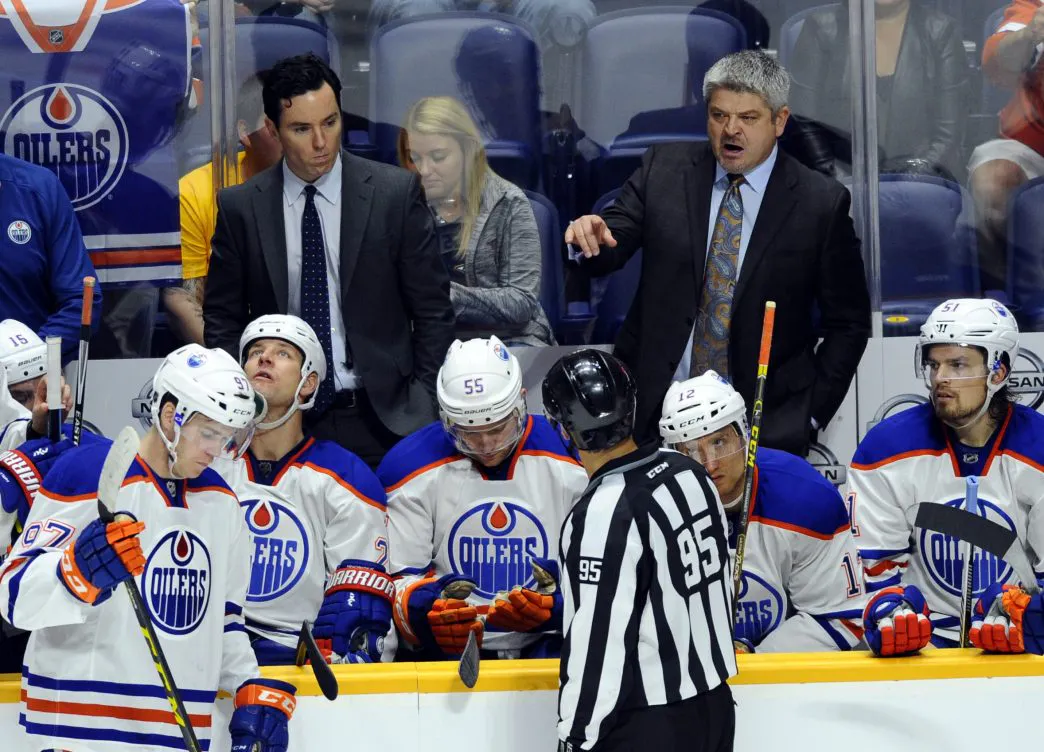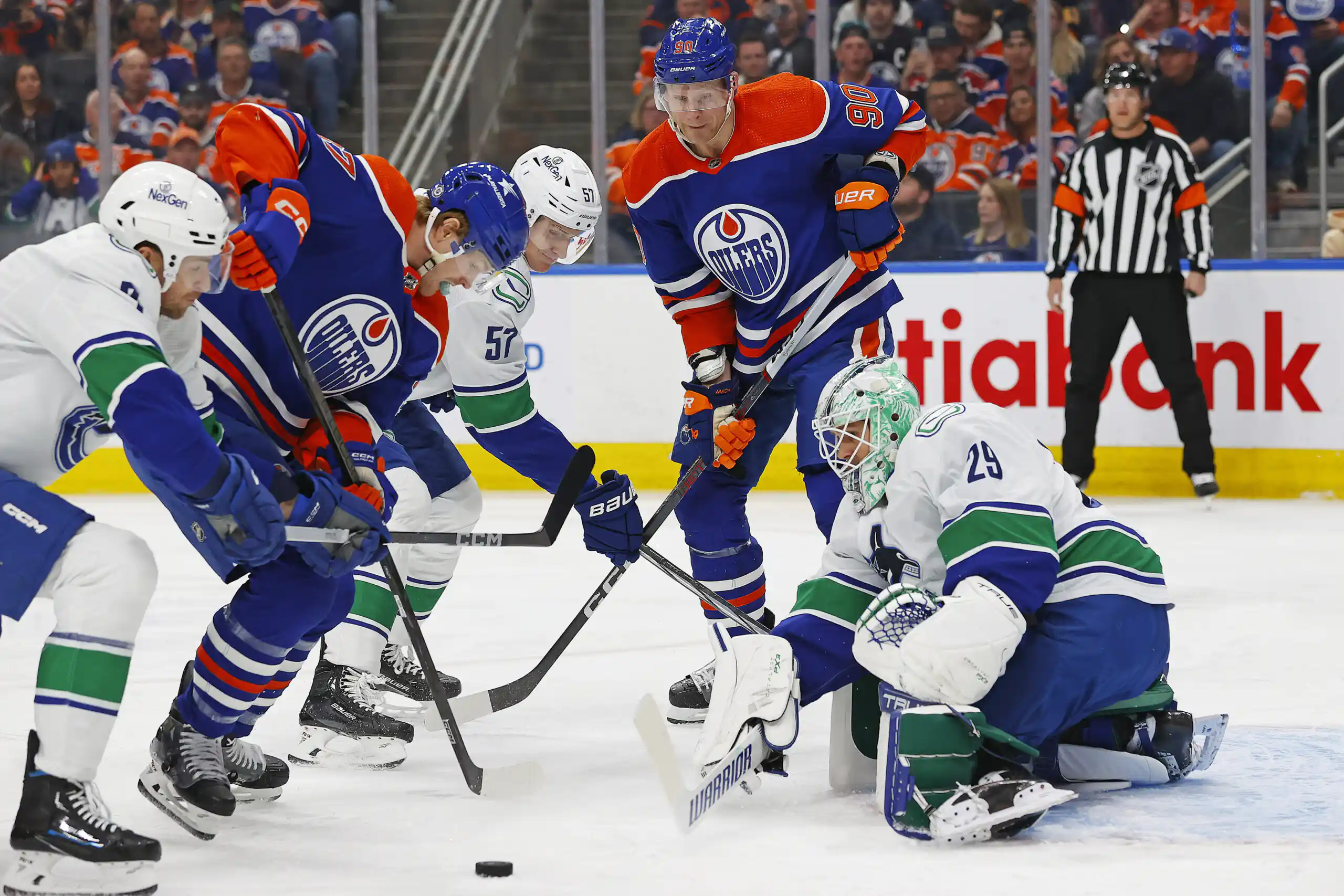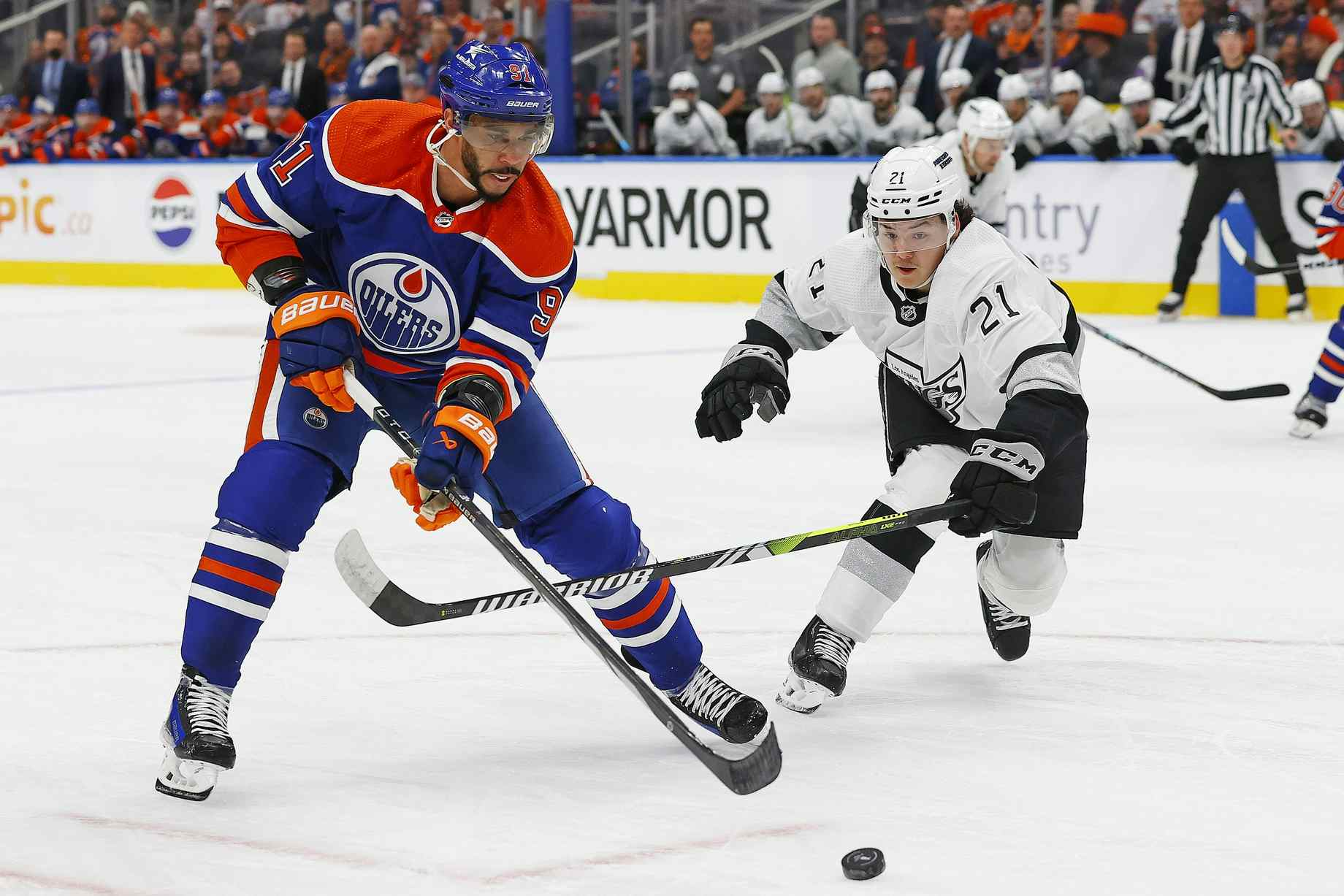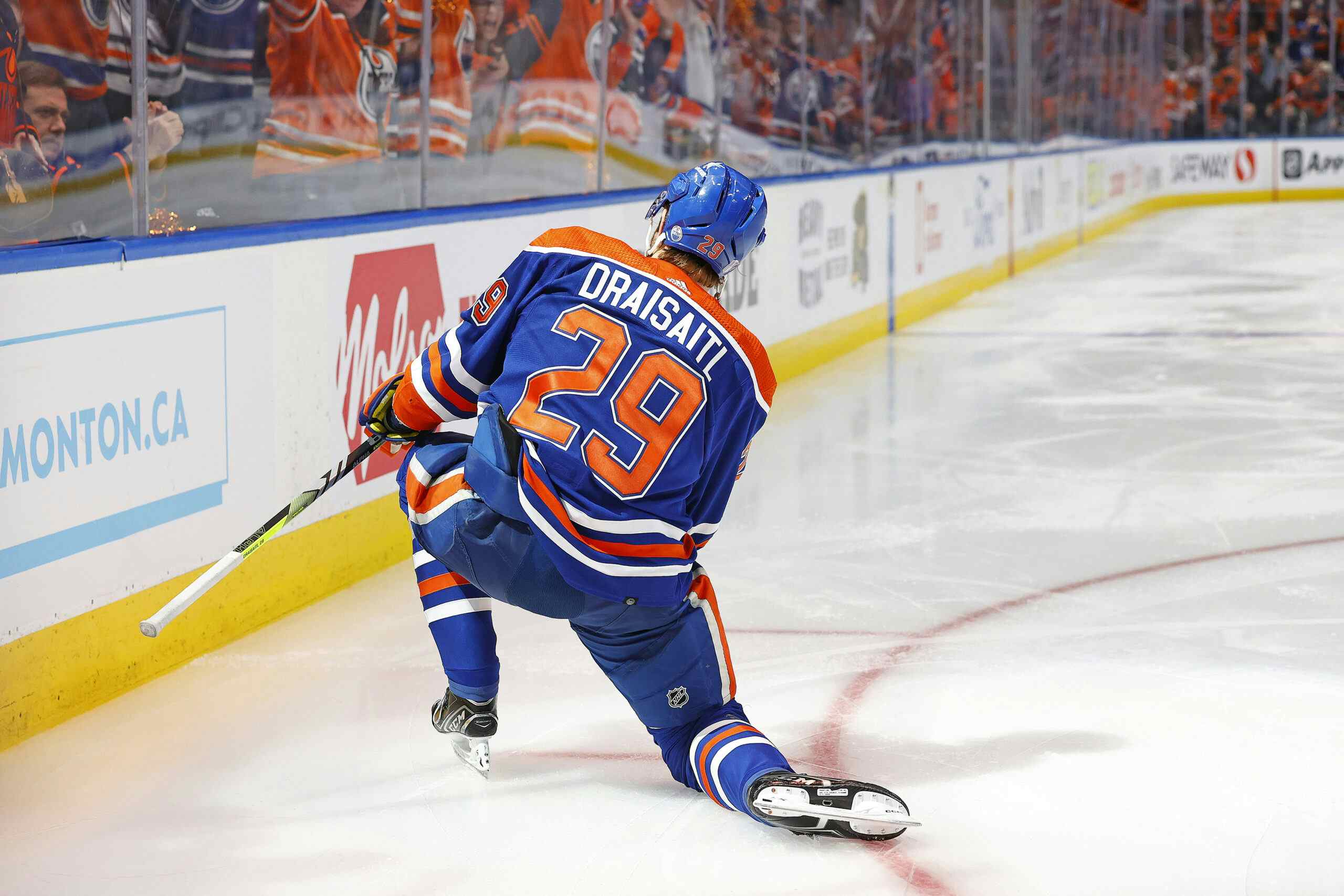Call Them Again

Hockey season is upon us and once again we are reminded that we live in a world where Connor McDavid is an Edmonton Oiler. Coming off his first full season in which he won the Art Ross and the Hart trophies as well as a playoffs where he was not as offensively proficient as he wanted to be, can he be even better this season?
Set your minds to “melt”, but there’s a pretty great chance the Oiler wunderkind can get faster as he gets into his early 20’s. He can get a little faster, a little stronger, and a lot more comfortable playing against the different pylons the opposing coaches put in his way. However, the fastest way we can see an increase in McDavid’s scoring comes back to how willing the NHL is to call the rulebook the way they did out of the lockout.
So let’s talk about that point. Last season as Connor McDavid won the scoring race and was the only player to reach 100 points (also the only player to reach 90 points), he accomplished this feat while only picking up three power play goals and 27 power play points. Brayden Shenn had more points on the man-advantage. There’s a pretty good chance that McDavid naturally gets more production during 5v4 play next year.
However, McDavid played just a little less than 250 minutes on the power play. The Oilers as a team only had 407:19 on the man-advantage and 245 opportunities overall. That’s the real offense killer here.
If we want to draw a line between something and the decline in overall scoring in the NHL, it’s the amount of time that clubs spend on the power play. It’s been declining ever since the 2005-2006 season and now we are “back to pre-lockout conditions.”
Note how I put quotes around that last bit. We are not “back to pre-lockout conditions.” We are SO MUCH WORSE than pre-lockout conditions. Granted, 2005-2006 was incredible for increasing opportunities and total time with the man advantage, but the era before that was not some desolate wasteland of power play opportunities.
In 2005-2006 the top team in PP TOI was the Los Angeles Kings with 925:42 with a league leading 541 PP opportunities. Huzzah!
But in 2003-2004 (pre-lockout), the Predators lead with 715:24 in PP TOI and 426 PP Opportunities. That’s not so bad.
Before the 2002-2003 season, they didn’t keep track of PP TOI, only PP opportunities. In 2000-2001 the top club was the Flames with 435 PP opportunities.
In 1995-1996 the Sabres had 477 PP opportunities. That’s enough going back into the so-called awful pre-lockout era. The 80’s had plenty of PP opportunities too.
In 2016-2017 the top NHL team in both PP opportunities and TOI was the Philadelphia Flyers. They had 277 PP opportunities and just 464:24 in TOI. That’s it.

We are being robbed of goals. It isn’t parity and systems. It isn’t great goaltending or oversized equipment. The NHL is simply not placing their teams in a position to score like they did in the past. All teams had significantly more opportunities on the man-advantage. More PP time equates to more goals, lower save percentages, and more chances to scream “CONNNNOOOOORRRRRRRRR!!!!!!” while spilling your drink all over the chesterfield and waking the children from their dead sleep.
We should be so lucky to be back to pre-lockout conditions with regards to penalties and power play opportunities. We are so much worse than before the 2004-2005 lockout that it would be comical if it wasn’t costing us great hockey. The Power Play highlights the most dynamic and skilled players in the league. Along the same lines, it separates the talent in the NHL better than 5v5 play. The number of opportunities is down and the spread between the top and bottom teams is practically non-existent.
You almost have to stretch to believe this isn’t by design for the NHL. The league’s parity is pushed along artificially by this abandonment of special teams play. It doesn’t make the game more exciting. It doesn’t resemble the standards of the 80’s, 90’s, or early 2000’s. All it does is help keep the scores close and prevent those with more talent from abusing those with less. All it does is keep Connor McDavid from scoring anything close to that 150 point range from the tweet up above.
Fix the game. Call the penalties again. The season hasn’t started yet. We can still save it from this awful, systematic, destructive restriction of all talent. The conversation about how to increase scoring for any player starts there, but don’t complain about the NHL being back to pre-lockout levels. They aren’t. We wish they were.
Recent articles from Matt Henderson





